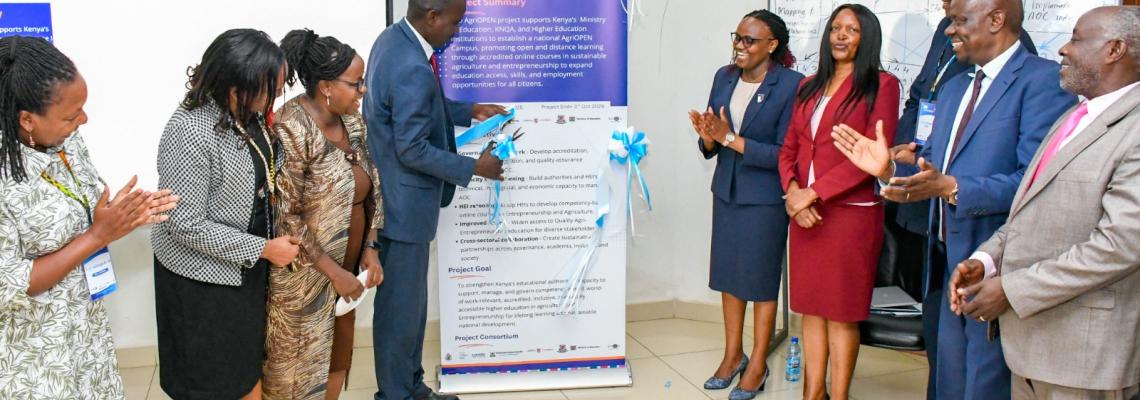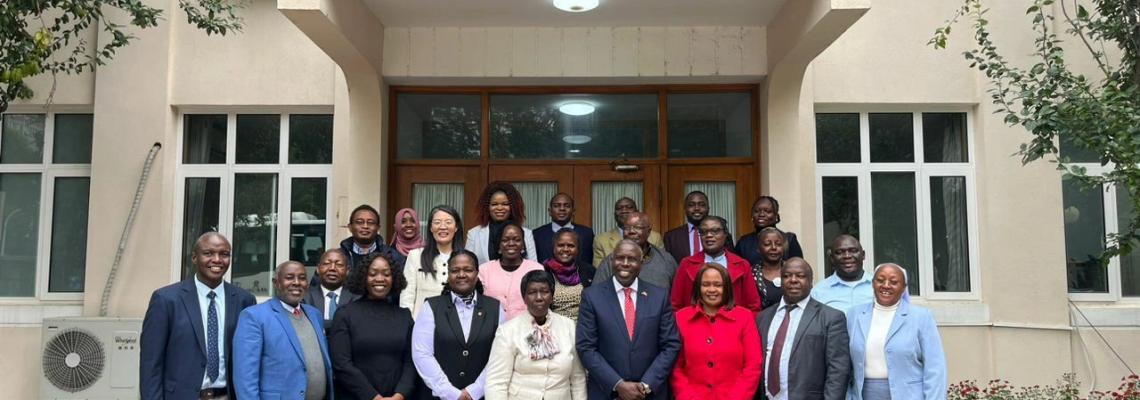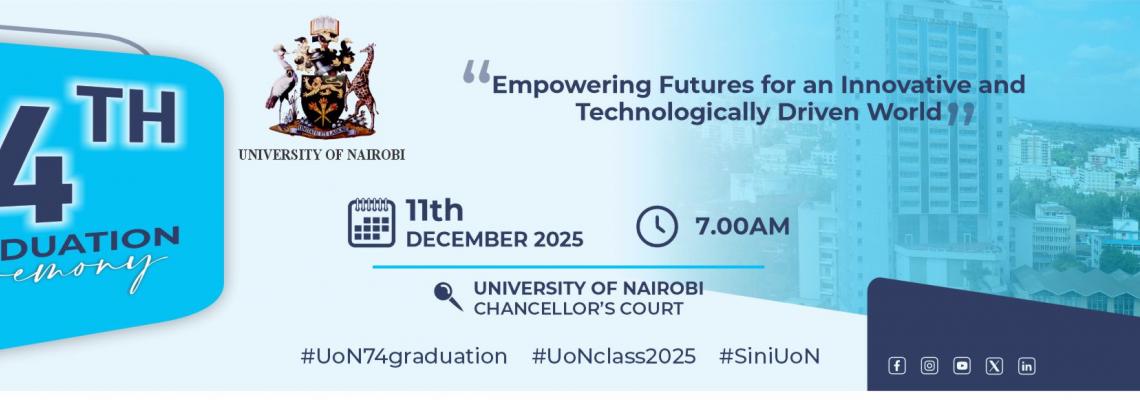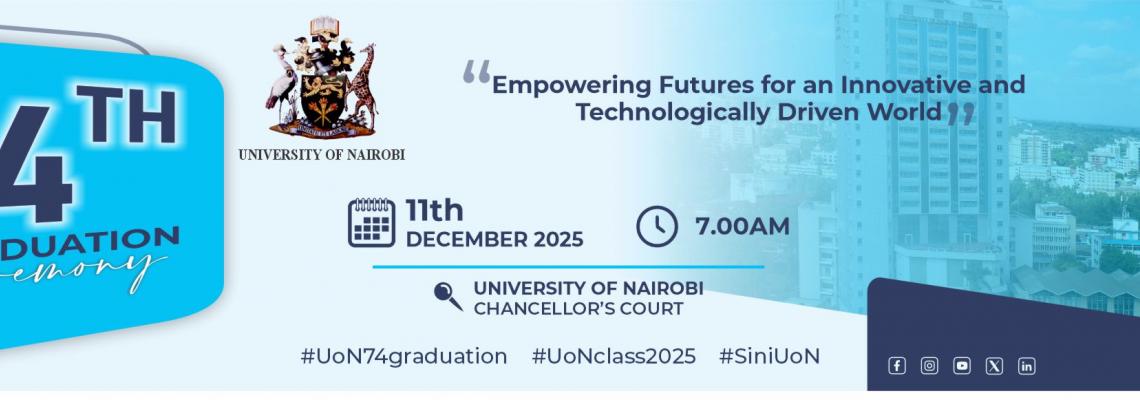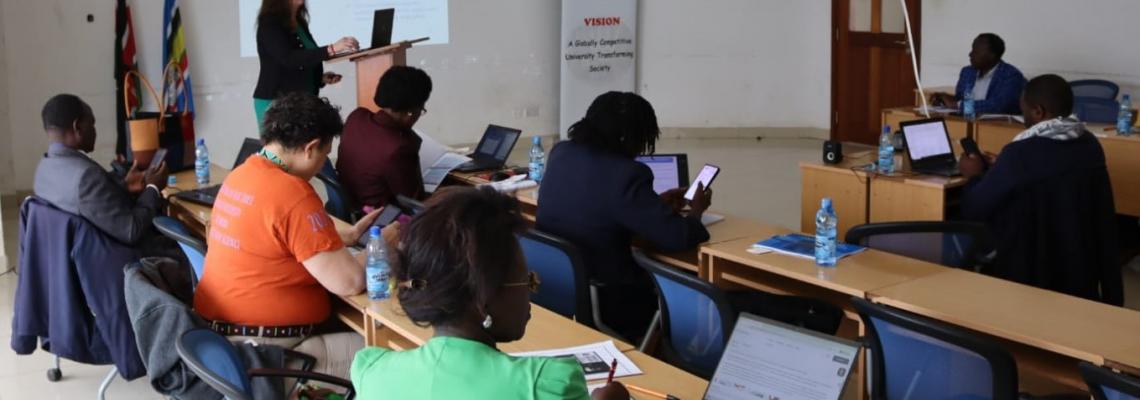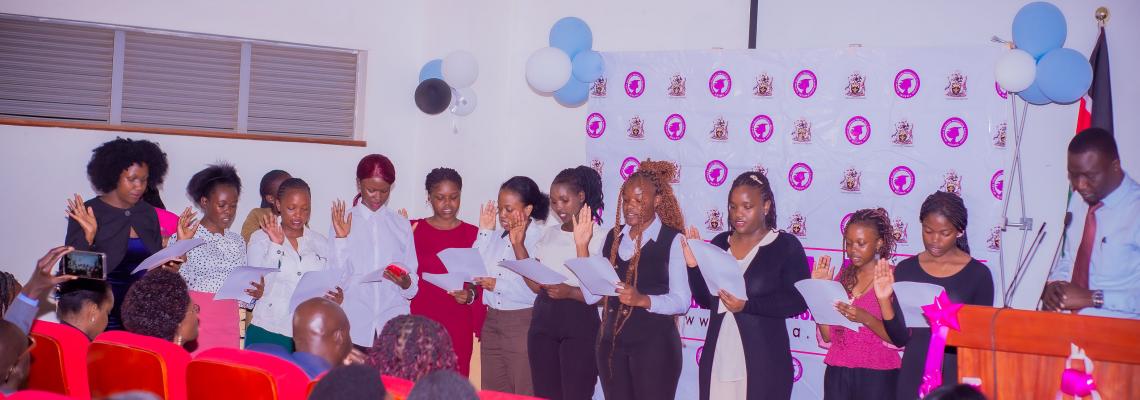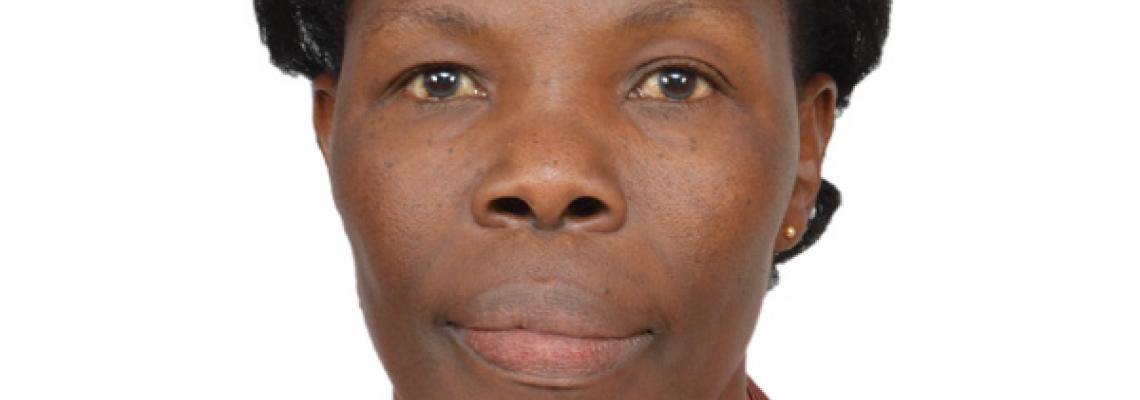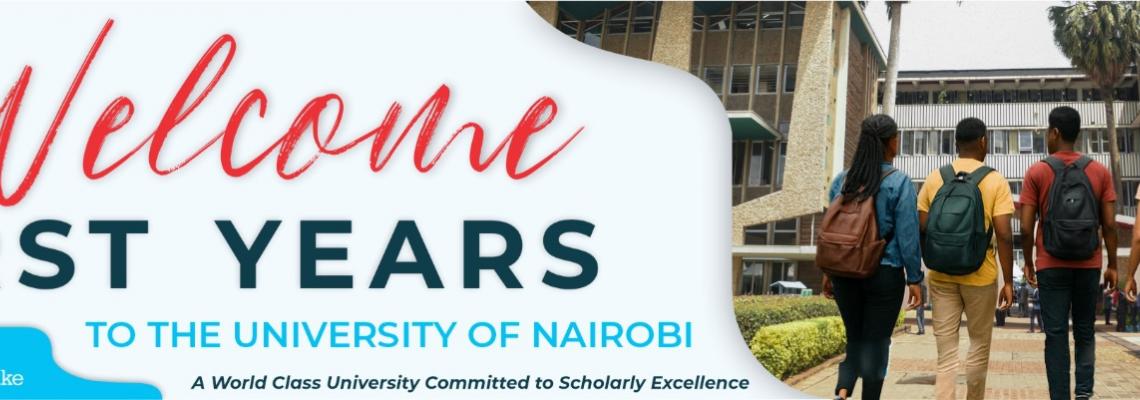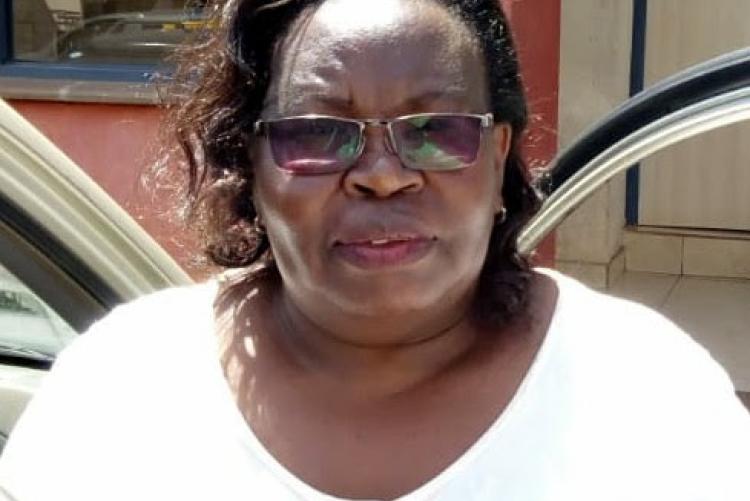Dr Loise Gichuhi has been appointed as a Country Focal Point for the Inter-Agency Network for Education in Emergencies (INEE). She will be part of a team of 12 appointees representing various countries across the world (List of Appointees: HERE) Dr. Gichuhi is a senior Lecturer specializing in Education in Emergencies at the School of Education, College of Education and External Studies-University of Nairobi.
As the Country Focal Point (CFP) representing Kenya; Dr. Gichuhi will serve as a key reference person tasked to support networking and communication, particularly through the facilitation of information exchange among Inter-Agency Network for Education in Emergencies (INEE) members. Her role will be to build and nurture relationships with INEE members in the country; gain greater knowledge and be involved in activities and dialogue that support INEE’s mission and vision; and work closely with the INEE Secretariat. In her capacity as Kenya’s CFP, Dr. Gichuhi will continue to provide her expertise in the development of Education in Emergencies news and resources as well as actively participate in various events and activities that promote the INEE tools and resources.
Bio:
Dr. Gichuhi is widely recognized as higher education educator and a consultant in Education in Emergencies. She has a Ph.D. in Economics of Education from the University of Nairobi, a Master in Education Planning and Curriculum Development, and a Bachelor of Education (Mathematics and Economics) from Kenyatta University. She has over 20 years of extensive experience in Education Policy, Planning and Curriculum Development; Education in Emergencies, Programming, Implementation, Monitoring and, Evaluation; Development of Training Materials and Delivery of Training of Trainers Programmes; National and International Needs Assessments as well as Research. Full Bio HERE
About INEE
The Inter-agency Network for Education in Emergencies (INEE) is an open global network of more than 17,500 practitioners, advocates, policymakers, teachers, students, researchers and academics, funders, and other stakeholders from national and international NGOs, UN organizations, governments, foundations, and universities who work together within a humanitarian and development framework to ensure all persons the right to quality, safe, and relevant education in crisis contexts. The network improves communication and coordination among its members by cultivating and facilitating collaborative relationships and creating opportunities and spaces for sharing knowledge, developing resources, informing policy, building capacity, and undertaking joint advocacy.
- Log in to post comments

